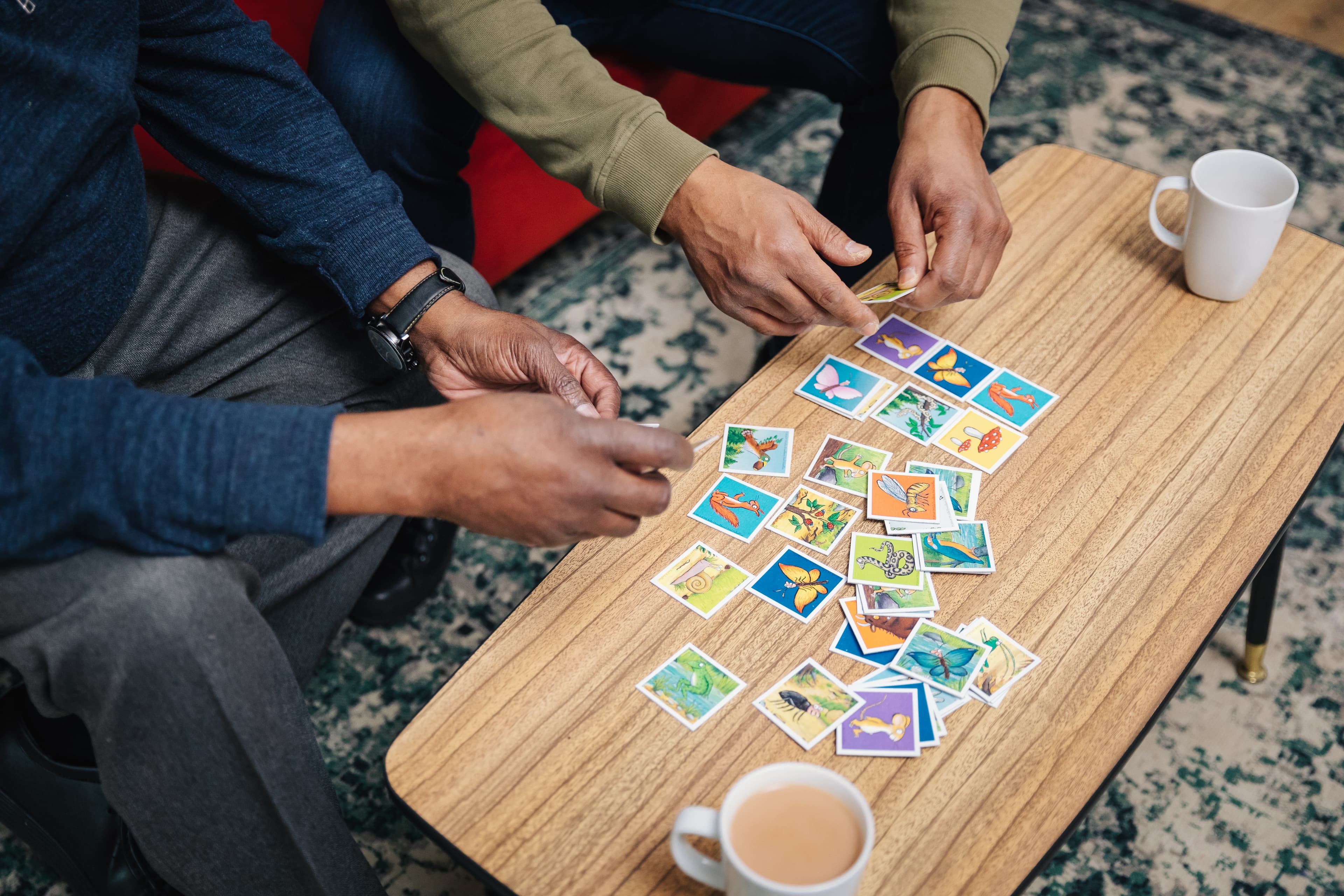Is It Normal Forgetfulness or Something More?

Walking into a room and forgetting why you’re there can feel frustrating—but it doesn’t always mean something serious is going on. Occasional memory slips are a normal part of aging. Still, some changes may point to early dementia and deserve closer attention.
Dementia is a group of conditions that affect memory, thinking, decision-making, and behavior. Knowing what’s typical and what’s not can help you spot the difference.
Early Alzheimer’s Symptoms vs. Normal Aging
Normal Age-Related Changes
Forgetting a name, but remembering it later
Needing extra time to learn new technology
Misplacing items once in a while (and later finding them)
Warning Signs to Watch For
Getting lost in familiar places
Repeating the same questions or stories
Sudden or drastic changes in personality
Putting everyday items in unusual spots (like keys in the freezer) and not recalling it
💡 Tip: Keep a journal of any repeating memory issues. Patterns can give your doctor helpful insight.
When to Talk to a Doctor About Memory Loss
If memory lapses start interfering with daily life, it’s time to seek medical advice. Bring specific examples, such as:
Trouble paying bills or balancing a checkbook
Frequently forgetting appointments
Noticeable mood swings or behavior changes
A healthcare provider can run simple tests to determine whether symptoms stem from natural aging, dementia, or another cause.
3 Simple Habits That Protect Brain Health
Stay Connected: Regular social interaction boosts memory and emotional health. Call a friend or join a local club.
Keep Moving: Physical activity increases blood flow to the brain. Walking, stretching, or dancing all help.
Keep Learning: Take a class, try a new recipe, or do a puzzle. New challenges strengthen brain pathways.
💡 Tip: Explore brain-training games or memory apps to make learning fun.
Tips for Caregivers Supporting Brain Health
Keep Notes: Track changes in memory, mood, or habits
Create Routines: Daily structure reduces stress and confusion
Start the Conversation: Don’t delay sharing concerns with a doctor
Look Into Support: Consider professional in-home care for added help and peace of mind
Final Thoughts
Not every moment of forgetfulness signals decline—but it is a reminder to pay attention. Small steps today can help protect your brain or support a loved one in staying confident and independent.
Whether you’re starting the conversation with a parent or looking to sharpen your own memory, remember: it’s never too early—or too late—to take care of your brain health.